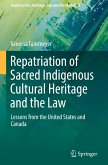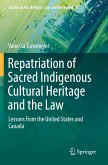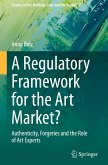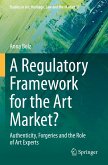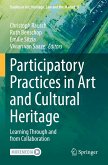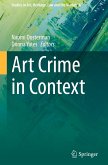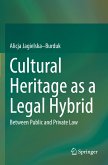The book provides deep insights into heritage politics in Myanmar on the basis of the conservation history of Bagan and its entanglement in national politics. It particularly investigates the heritage practice of the dictatorial regime that ruled Myanmar from 1988 to 2011 and highlights the implications of both the reconciliation politics of Aung San Suu Kyi's NLD government (2016-2020) and the UNESCO World Heritage System.
The book examines the function of Bamar-Buddhist architecture in the spatial strategy of the 1988-2011 regime and its nation-building efforts. With a focus on the historic site of Bagan, included on the World Heritage List in 2019, and the "Adopt-a-Pagoda Program" that was implemented at the site from 1995 to 2011 under authoritarian rule, the book provides a detailed account of Bagan's physical transformation and its political significance for national politics at the time. It offers a historical comparison of the heritage politics of Myanmar's most recent transitional governments (2011-2020) pointing out the particularities of the country's institutionalized heritage practice and one-sided nation-building strategy. Both have contributed to continued ethnic conflicts that are generally considered to be the world's longest civil war. In the renewed dictatorial context of Myanmar since February 1, 2021, the research presented in the book helps to understand the roots of the new regime's heritage practice and national imagination.
In addition to these insights into Myanmar's heritage politics, the book addresses shortcomings of the World Heritage system with regard to the treatment of sacred sites in authoritarian and post-authoritarian contexts, an aspect that to date has been largely neglected in cultural heritage policy debates across the globe.
Hinweis: Dieser Artikel kann nur an eine deutsche Lieferadresse ausgeliefert werden.
The book examines the function of Bamar-Buddhist architecture in the spatial strategy of the 1988-2011 regime and its nation-building efforts. With a focus on the historic site of Bagan, included on the World Heritage List in 2019, and the "Adopt-a-Pagoda Program" that was implemented at the site from 1995 to 2011 under authoritarian rule, the book provides a detailed account of Bagan's physical transformation and its political significance for national politics at the time. It offers a historical comparison of the heritage politics of Myanmar's most recent transitional governments (2011-2020) pointing out the particularities of the country's institutionalized heritage practice and one-sided nation-building strategy. Both have contributed to continued ethnic conflicts that are generally considered to be the world's longest civil war. In the renewed dictatorial context of Myanmar since February 1, 2021, the research presented in the book helps to understand the roots of the new regime's heritage practice and national imagination.
In addition to these insights into Myanmar's heritage politics, the book addresses shortcomings of the World Heritage system with regard to the treatment of sacred sites in authoritarian and post-authoritarian contexts, an aspect that to date has been largely neglected in cultural heritage policy debates across the globe.
Hinweis: Dieser Artikel kann nur an eine deutsche Lieferadresse ausgeliefert werden.


